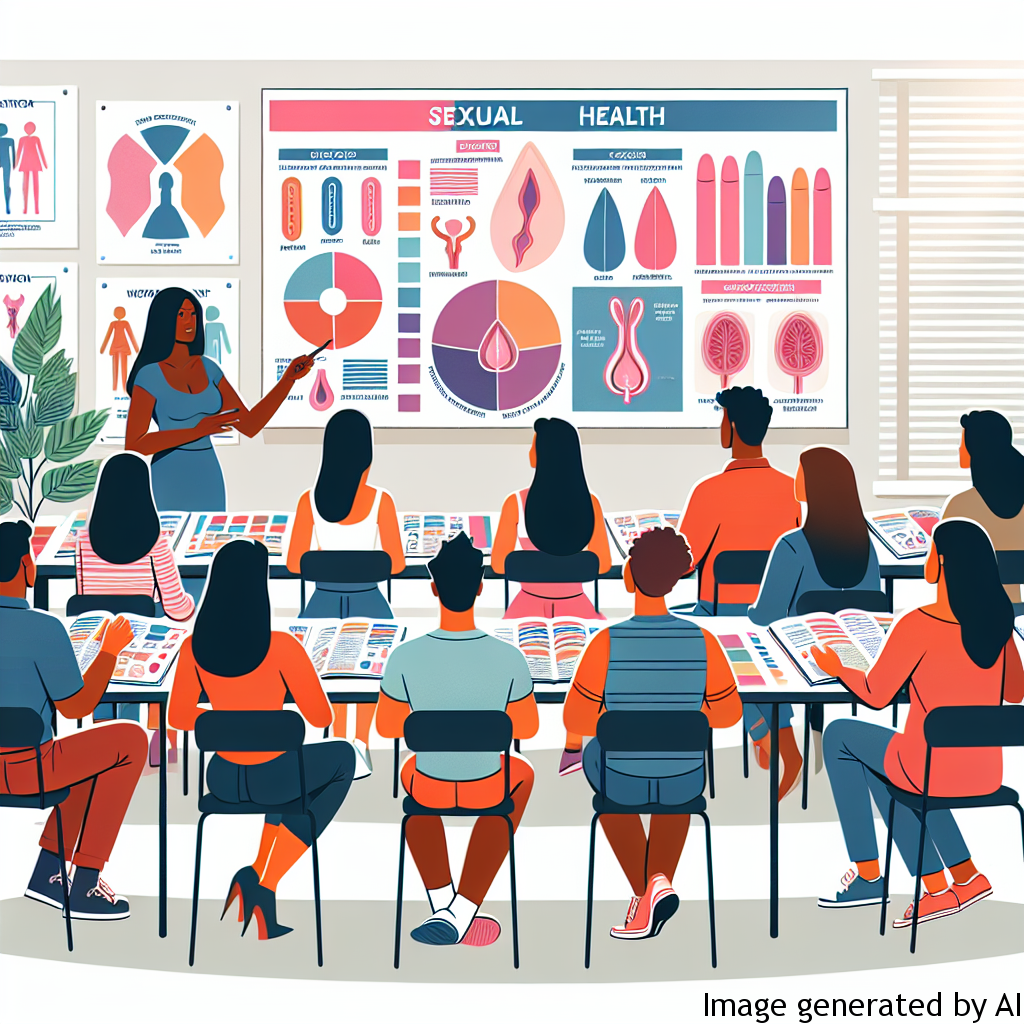Introduction
Sex education is often associated with the teenage years, but its importance extends well into adulthood and old age. As people continue to grow and change throughout their lives, so does their need for comprehensive, age-appropriate sex education. Just as individuals are never too old to learn and grow, they are also never too old to benefit from a better understanding of their sexuality. This article will explore the importance of sex education for adults and the elderly, with a particular focus on gender expectations, their impact on men’s mental health, and ways of improving mental health with consideration to gender roles.
Description of Gender Expectations and Its Impact on Men’s Mental Health
Understanding Gender Expectations
Gender expectations refer to societal norms about how each gender is ‘supposed’ to behave. Men, for instance, are often expected to be strong, stoic, and emotionally impervious, while women are typically expected to be nurturing, emotionally expressive, and focused on relationships.
Impacts on Men’s Mental Health
These gender expectations can have profound implications for men’s mental health. Men who feel unable to meet the prescribed norms often experience feelings of inadequacy, self-doubt, and low self-esteem. Over time, this sense of ‘not being enough’ can lead to a variety of mental health issues, including anxiety, depression, and self-isolation.
Examples of How Gender Roles Can Impact Men’s Lives
One common example of the effect of gender roles on men’s lives is the pressure to suppress emotions. Society often views male emotional expression as a sign of weakness, leading many men to hide their feelings. This suppression can cause psychological distress and hinder healthy relationships.
Moreover, men are often expected to be the primary breadwinners. This pressure can cause stress and anxiety, especially in times of economic uncertainty or job loss. It can also result in a work-life imbalance, with men prioritizing work over family or personal life.
Tips for Improving Mental Health Considering Gender Roles
To challenge damaging gender norms, it’s critical to foster a culture of open communication about emotions and mental health. Encouraging men to talk about their feelings, anxieties, and fears can help combat the stigma associated with male emotional expression.
Furthermore, counseling or therapy can provide a safe space for men to explore their feelings and challenge harmful gender norms. It’s also important to promote the idea that it’s okay for men to seek help and that needing support is not a weakness but a strength.
Conclusion
In conclusion, sex education is not just for the young but is equally, if not more, important for adults and the elderly. Understanding the role of gender expectations and challenging unhealthy norms can significantly improve men’s mental health. As society becomes more open and accepting of individual variations, the notion that men and women ought to behave in specific ways becomes less tenable. It’s time to challenge these clichés and foster a culture where every individual, regardless of their age or gender, feels comfortable expressing their needs, feelings, and fears.

